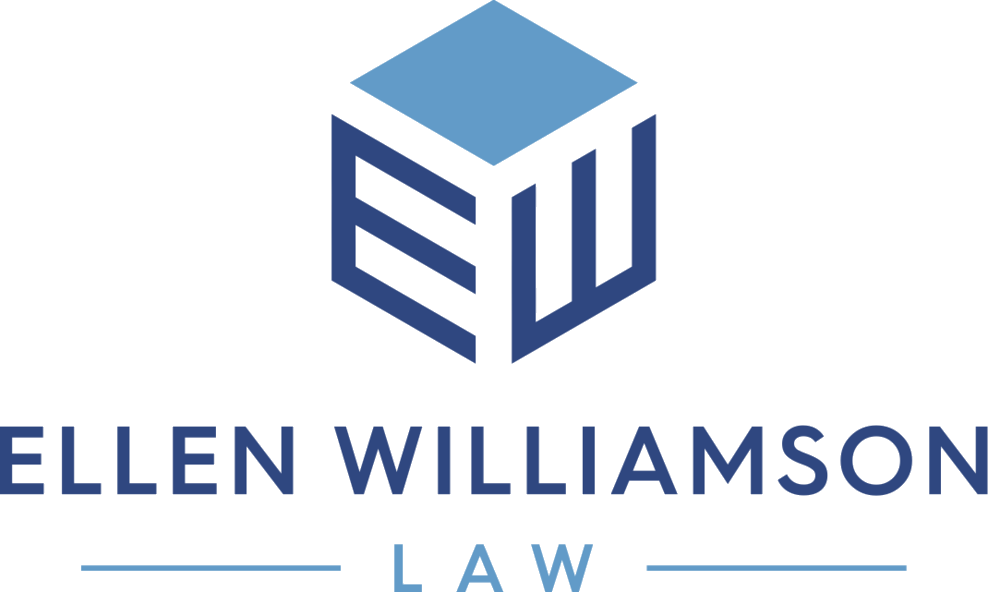What's in your (digital) estate?
Digital estate
What these invisible assets are, and why they matter
When you think about your “estate,” what comes to mind? Most of us would guess that our estate includes our house, “stuff,” and financial assets, but did you know your estate also includes your digital assets and accounts?
Digital accounts and assets include things like your social media and email accounts, files, text messages, photos, usernames, and similar information. Digital devices are the devices on which we create and use digital assets and accounts.
Most of us use such items every day in our personal and work lives. In fact, just to create this blog post, I’m using my computer (a digital device) and my login for the website host (a digital account) to create this post (a digital asset) which I’ll upload and post to my website, another digital account hosting digital assets. Each of you reading this is doing so on a digital device or a hard copy printed from one. Such technology has become a deeply integrated part of our lives but can easily be overlooked in estate planning. And that’s not even mentioning the evolving world of cryptocurrency, NFTs, bitcoin, and the like—concepts that, to many of us, are just words for now, but which are growing in use and popularity every year.
Laws evolve far more slowly than the technologies they’re meant to regulate, so rather than counting on the state of the law addressing your wishes, the best practice is to account for these items in your estate planning. This may include providing for access to digital assets and accounts in your power of attorney and will, but there are also steps you can take beyond your formal estate plan documents.
Apple, Facebook, and Google, for example, allow users to designate a legacy contact with authority to manage an account upon the user’s death, and other providers may offer similar options. Failure to properly provide for access may force your loved ones to seek a Court order allowing access. As the law evolves, our tools for the management and transfer of digital assets will no doubt evolve as well.
Here is a list of links to the informational pages of several companies regarding access to accounts and data after death:
Know of one we’ve missed? Let me know.

